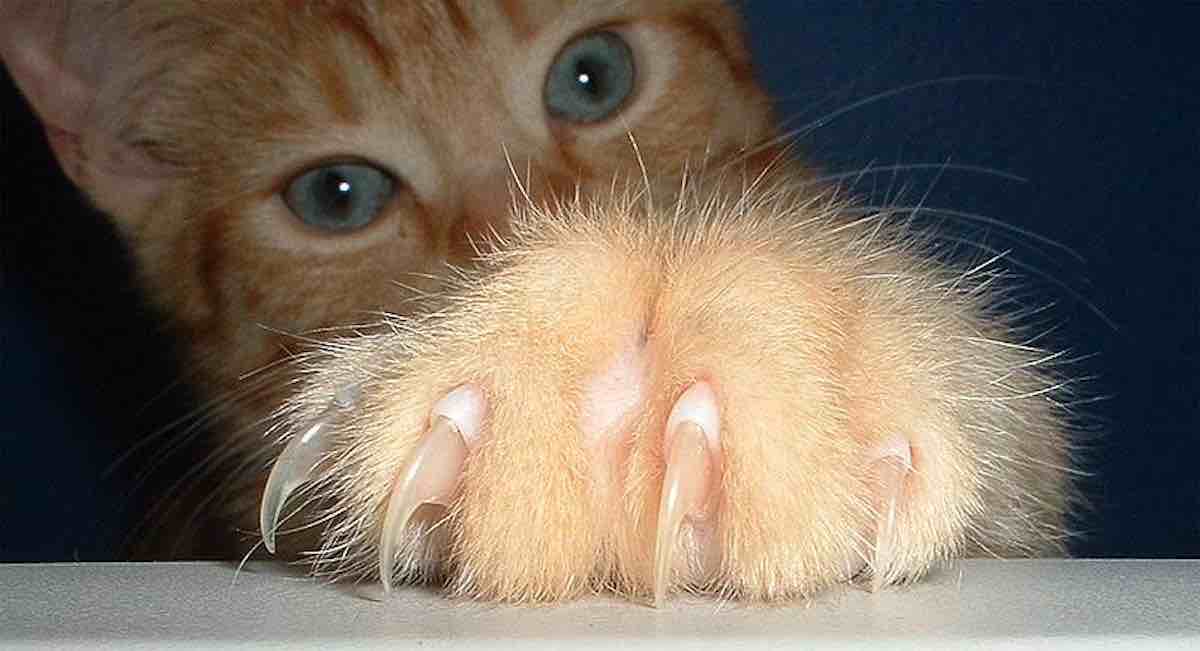Nova Scotia has just became the first Canadian province to officially ban the practice of electively declawing cats.
The ban was originally passed by the Nova Scotia Veterinary Medical Association in December, but now after a 3-month processing period, the procedure will only be allowed if it is medically necessary for the cat or owner.
If a veterinarian is found in violation of the ban, they could lose their license to practice.
Animal welfare organizations oppose the surgery because it’s a painful procedure that is typically done to save furniture despite many cats displaying physical and mental complications in the years following the operation. Over 20 other countries in the world and several American cities have already adopted declawing bans because it’s considered animal cruelty.
RELATED: Gucci to Go Fur-Free and Auction the Remaining Products to Benefit Animal Rights
Some pet owners and projects opposed the bill because they believe that the reasons behind such an act is between an animal caregiver and their veterinarian.
However, studies show that declawed cats have increased chances of being relinquished to shelters – and thus euthanasia – because of behavioral tendencies that follow declawing, such as soiling the carpet and increased aggression. Additionally, cities and regions that have enacted declawing bans alongside educational programs and resources on pet care have actually seen a reduction in animal shelter intake or no causal link at all.
MORE: San Francisco Bans Sale of Non-Rescue Animals at Pet Stores
According to CBC, retired veterinarian and anti-declawing advocate Hugh Chisholm said: “I see declawing as a mutilation of an animal for no direct benefit to the animal. It’s something that’s done mostly to protect furniture.
“There will always be people who will do it, there will always be people who will want it done, unless there’s a ban in place. That’s why we do need the ban. Because one declaw is one too many.”
Click To Share The Pawesome News With Your Friends




















